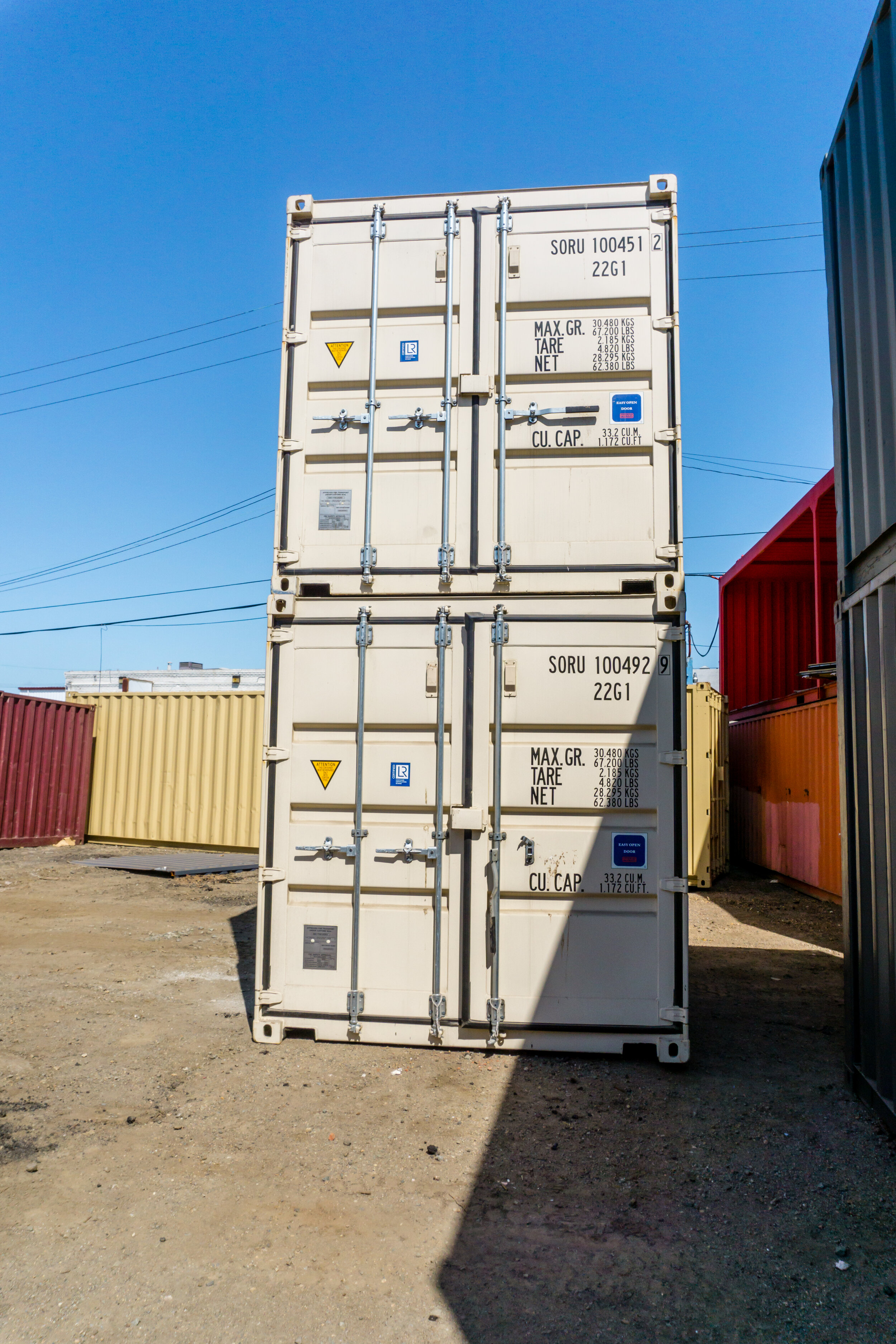How I Reinvented Myself and Started Manufacturing Homes
Let me start by saying that reinventing yourself isn't as terrifying or final as it sounds. The word itself holds a heavier weight than its meaning. In fact, we reinvent ourselves all the time — we constantly find new things we like and get rid of old things we don't, we start new habits and break old ones, we meet new people and lose touch with old contacts. Each new thing, experience, and person changes who we are.
Reinvention is simply the product of learning and growth. The trickier, less common part of reinvention is applying it not only to our personal lives but to our work.
The same feeling you have while standing in front of your closet, thinking you no longer like any of your clothes, may happen every day at work, compounding every time you choose inaction. It may not be the case for everyone, but for many millennials elevating into senior and C-suite level positions, purpose has become a major motivating factor to employment.
In your personal life, as your tastes and interests change, so do your behaviors to accommodate a new you. And just as your interests change, so can your purpose. Purpose is not static — it ebbs and flows with the needs of your life, the skills you collect, and the events and environments that affect you. Purpose grows with you. The challenge is not to look for a new purpose, but to listen to it and choose to take action when the time is right.
More than the 9-5
Last Friday on my weekly ride to the driving range, I had the fortune of listening to two different podcasts that delivered new episodes on reinvention with very different perspectives.
Oprah's Super Soul Sunday has become a staple in my weekly podcast roundup as has NPR's LifeKit. While Oprah's pod delivers a soulful plea to think inwards and listen to your authentic self, NPR's promotes an operational and actionable plan to take action. The combination of the two helped anchor a thought I'd been having about reinvention for some time.
While both took to the concept of reinvention in different ways, the underlying lesson was apparent:
And while Oprah may be talking about striving to be more authentic and choosing the path to take you there, LifeKit's to-do style of advice centers on the idea that:
I love the combination of these two episodes. They help to provide the foundation for our innate desire to reinvent while identifying a roadmap to achieve those goals. LifeKit's strategic approach to career reinvention acknowledges some of our aching desires to look for new jobs, start new careers, and ultimately chart a path to more fulfilling work.
Both pods intersect at the notion that people can grow beyond the companies they begin with. We can grow beyond the role we began with, take the skills we learned, develop them and turn them into assets that help us move within our companies,
Work, life, and passion
If you asked me what I’d be doing now 5 years ago, I'd probably tell you: "at Propeller Labs, making mobile apps, maybe dabbling a bit in VR." It seems reasonable, a person with a set of skills and several years of track record, continuing to do the things they're doing well.
But my work wasn't fulfilling anymore. I wouldn't go so far as to say I was miserable, but had I felt purpose in my work, the daily annoyances wouldn't have been so loud, the long days wouldn't have been so tiring, and the disagreements wouldn't have been so taxing.
The truth is, sometimes it's time to move on — and that's precisely what happened at the end of 2017 and early 2018. At the time, I was fortunate enough to have the time and space to think of what was next, but it was not easy to transition. I was in the middle of several client projects, in long-term software maintenance agreements with some, and a staff of 14 at our peak. As easy as it would have been to keep my head down and ignore the signs, it would have been harder to forge ahead, void of passion and purpose.
I found myself talking to friends in the industry about my aspirations of building a product — about how Propeller was a means to an end. We had started a consultancy to make enough money to transition into a product (I even tried it in late 2018, thanks Myles!). But the opportunity, timing, and passion didn't meet.
The scrappy beginnings of Bay Modular
I didn't know the first thing about factory-built housing, but I had a new purpose that excited me. I would find myself on Google at night, reading and researching concepts that cities have deployed to reduce the housing crunch. I read on the economics of manufacturing and the difficulties dating back to Sears' early kit homes. Eventually, I landed on proposals that would later become SB-13, a pioneering policy that paved the way for housing density as a solution to many things, including homelessness.
With a mission statement, I continued to research avenues and vehicles to achieve low-cost manufacturing, eventually landing on ISO intermodal containers as a prefabricated substructure to anchor my builds, likely with some inspiration and motivation from Ben Uyeda.
After nearly a year of research, development, and experimentation, we developed a working prototype, built on a modular design system and a profitable business model. In a classic example of "where there's a will, there's a way," I found and called the right people to design, engineer, and approve my units, creating the first pre-approved container-based modular ADUs built in California.
Like the career path of Tara Duvivier, who transitioned from IT management to urban planning, the path to creating Bay Modular was irregular and full of obstacles, but one thing remained consistent — reinvention. My work at Propeller Labs had become unrewarding and no longer fit my passions and purpose. In my reinvention, I centered my purpose around the experiences and environments that shaped me. I deployed the skills I learned from software and built a modern prefab construction company that aligns with my passions.
LifeKit ends their episode with the concept of ikigai, a Japanese concept that translates roughly to "meaning for life" or "life worth living." The concept centers on the intersection of doing what you love, what you're good at, what the world needs, and what you can be paid for. Bay Modular is the fortunate result of years of planning and execution, built on a foundation of purpose and passion.





